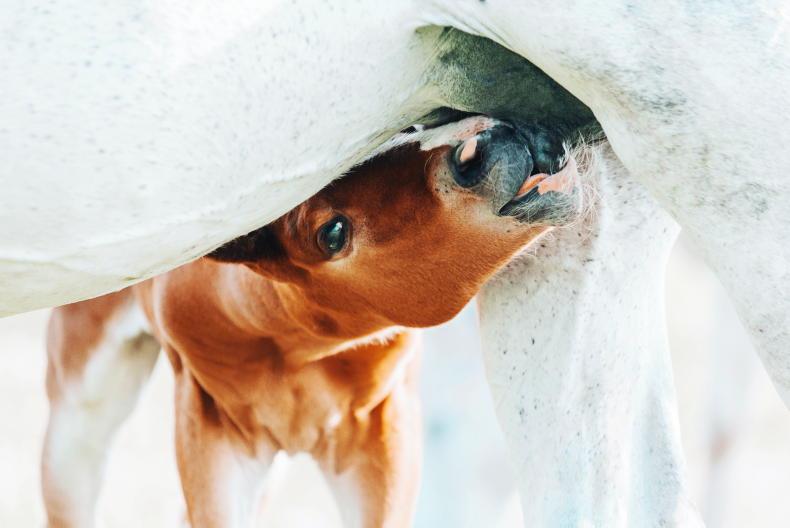RESEARCHERS from the Royal Veterinary College (RVC), as part of a team from Cornell University, have identified chromosomal errors as a common cause of pregnancy loss in mares. Whilst chromosomal abnormalities are widely acknowledged as a common cause of human miscarriage, responsible for up to 82 percent of pregnancy loss, there have been limited reports in other species until now.
Due to the similarities between human and horse chromosome structures and other pregnancy characteristics, this research supports the use of horses as a novel model organism to study miscarriage in women, particularly due to chromosomal abnormalities.
The findings of this study mean it is possible to now account for potential causes in 60-70 percent of equine early pregnancy loss – previously this figure was only around 20-30 percent. This can be used to help inform veterinary management of pregnancies, allowing for pregnancy losses to be screened and a diagnosis made retrospectively to provide an explanation for the loss to the owner and to inform clinical treatment of a subsequent pregnancy.
These important findings also supports researchers to target the mechanisms that lead to these very common chromosomal errors which, in turn, could aid future treatments.
Due to the high level of gynaecological monitoring and care that mares receive, the similarities in gestation length and the pace of early embryonic development, horses present a new viable model to better understand the link between pregnancy loss and chromosomal abnormalities in humans.
This research builds on the RVC’s expanding knowledge and expertise in equine research, where it undertakes and contributes to world leading innovation and projects in various areas of equine science and medicine.
More recently, studies have explored pregnancy in thoroughbreds, diet and disease and findings in pre-purchase examinations.
Other key areas of the RVC’s ongoing research includes stem cell therapies, laminitis, equine Cushing’s disease, elastic band resistance, and lameness and life for racehorses post-retirement.




 This is a subscriber-only article
This is a subscriber-only article
 It looks like you're browsing in private mode
It looks like you're browsing in private mode









SHARING OPTIONS: